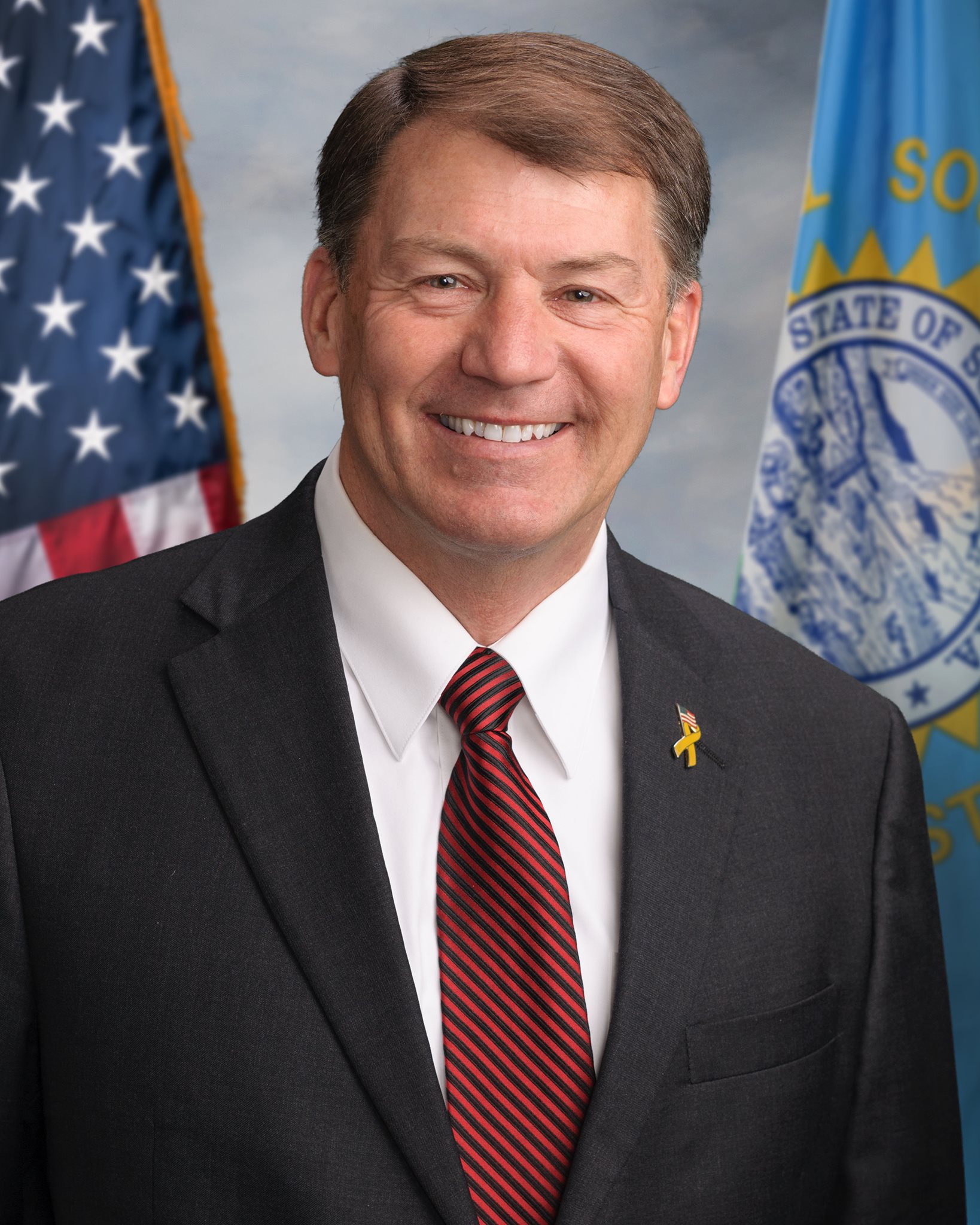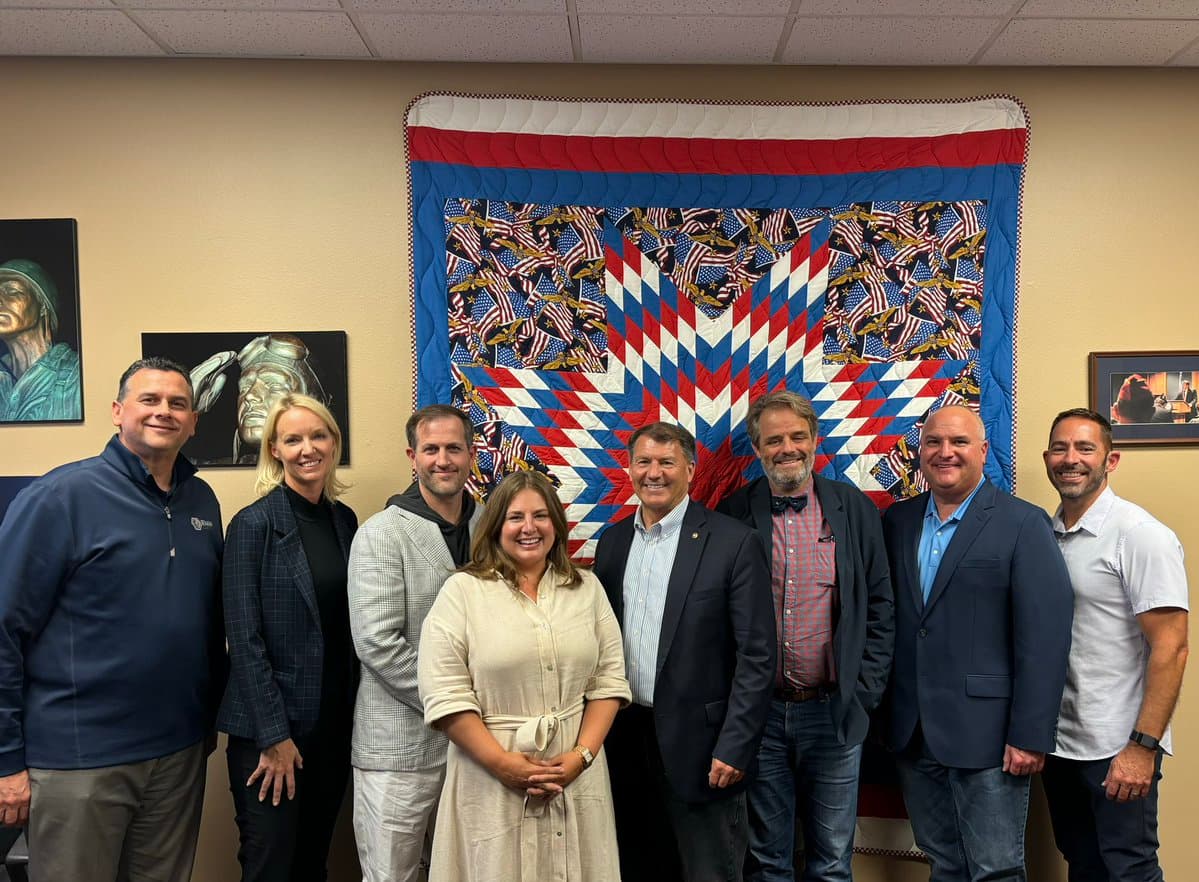This bill is very pro-crypto.

Mike Rounds
Republican Senator from South Dakota
Strongly supports crypto
Based on 16 statements and 5 votes.
Vote History
May 20, 2025 - Because of the way Senate rules work, GENIUS could not have gotten to a final vote without members voting in favor.
June 12, 2025 - Because of the way Senate rules work, GENIUS could not have gotten to a final vote without members voting in favor.
June 17, 2025
This bill is very pro-crypto.
March 4, 2025
This bill is very pro-crypto.
May 16, 2024
Statements

Mike Rounds
@SenatorRounds


Mike Rounds
@SenatorRounds


Mike Rounds
@SenatorRounds


Mike Rounds
@SenatorRounds

Mike Rounds
@SenatorRounds

Mike Rounds
@SenatorRounds

Mike Rounds
@SenatorRounds

Mike Rounds
@SenatorRounds

Mike Rounds
@SenatorRounds

Mike Rounds
@SenatorRounds

Mike Rounds
@SenatorRounds

Mike Rounds
@SenatorRounds

Mike Rounds
@SenatorRounds

Mike Rounds
@SenatorRounds

Mike Rounds
@SenatorRounds

Mike Rounds
@SenatorRounds